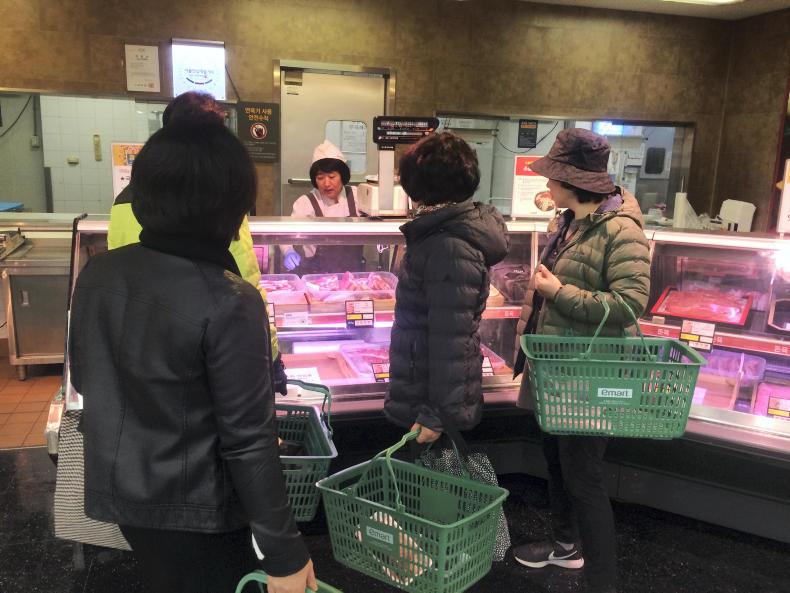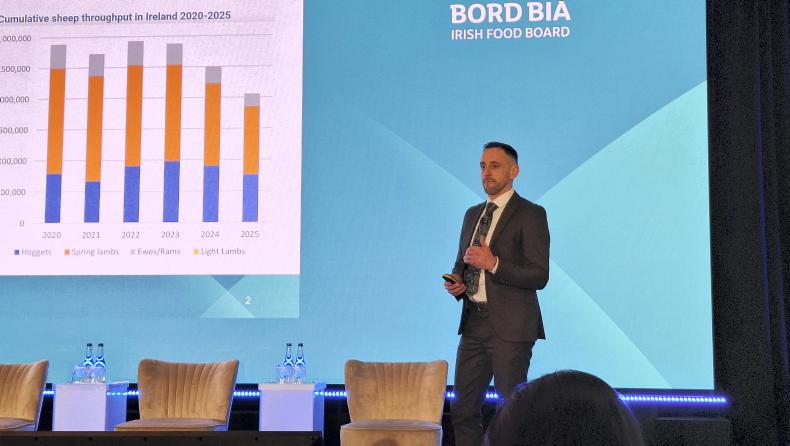The Minister for Agriculture in South Korea intends to increase inspection sampling of US beef imports from 3% to 30%, after a confirmed case of BSE in the US.
The case was discovered in Florida last week in a six-year-old beef cow, with the chief vet for the US Department of Agriculture (USDA) Jack Shere confirming that it was an atypical case of BSE.
BSE is a sensitive issue in South Korea, with mass protests in their capital Seoul a number of years ago when the public felt they were being sold infected US meat.
“There’s basically two types of BSE we look for, one is the classical and that’s the type we saw in England during their outbreak that was linked to humans,” Shear said.
“This is not that type, this is a spontaneously generated type of BSE that occurs in all cattle all over the world.”
Global importer
South Korea is the sixth biggest importer of beef in the world, and Ireland has been trying to gain access to the meat market for some time.
According to the UN, South Korea’s food and drink imports were worth over €18bn in 2016, with the US accounting for the largest share of imports at 25%, followed by China and Australia.
“This does not change the world organisation for animal health designation of the United States as a country with negligible BSE risk,” a spokesperson from the USDA said.
Read more
Knocking on the trade door to South Korea
Listen: a new trade for Irish cheddar in Japan?
The Minister for Agriculture in South Korea intends to increase inspection sampling of US beef imports from 3% to 30%, after a confirmed case of BSE in the US.
The case was discovered in Florida last week in a six-year-old beef cow, with the chief vet for the US Department of Agriculture (USDA) Jack Shere confirming that it was an atypical case of BSE.
BSE is a sensitive issue in South Korea, with mass protests in their capital Seoul a number of years ago when the public felt they were being sold infected US meat.
“There’s basically two types of BSE we look for, one is the classical and that’s the type we saw in England during their outbreak that was linked to humans,” Shear said.
“This is not that type, this is a spontaneously generated type of BSE that occurs in all cattle all over the world.”
Global importer
South Korea is the sixth biggest importer of beef in the world, and Ireland has been trying to gain access to the meat market for some time.
According to the UN, South Korea’s food and drink imports were worth over €18bn in 2016, with the US accounting for the largest share of imports at 25%, followed by China and Australia.
“This does not change the world organisation for animal health designation of the United States as a country with negligible BSE risk,” a spokesperson from the USDA said.
Read more
Knocking on the trade door to South Korea
Listen: a new trade for Irish cheddar in Japan?










SHARING OPTIONS